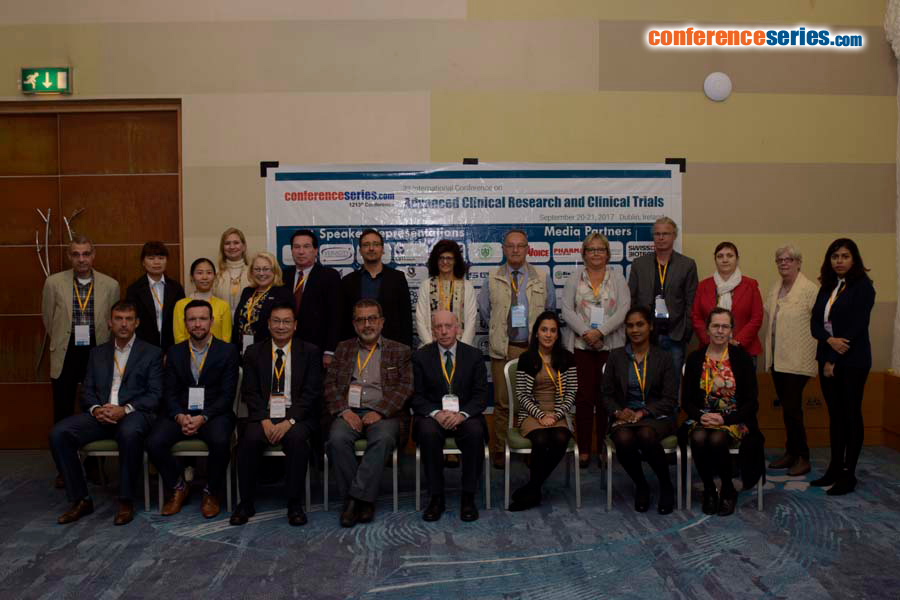
Louise Fitzgerald
Our Lady’s Children’s Hospital Crumlin, Ireland
Title: Encouraging oral analgesia in the fasted child attending a trauma review clinic
Biography
Biography: Louise Fitzgerald
Abstract
Background: Primary presentation of soft tissue injuries is often to units such as emergency departments and general practitioners. Following consultation with an on call plastic surgery team, a review appointment is commonly planned for the following morning for injuries that do not threaten a patient’s systemic health or compromise perfusion. Patients are requested to arrive at the Trauma Review Clinic fasting, so as to allow general anaesthesia to be undertaken. Analgesia should be administered to pediatric patients prior to assessment of wounds. The fasting status of a potentially pre-operative patient should not deter parents or referring clinicians from recommending and administrating oral analgesia before review.
Aim: Investigate the administration of analgesia in pediatric patients attending a trauma review clinic with amendment of the referral process to optimize pain management.
Method: A prospective closed loop audit of two consecutive groups of 50 patients attending a trauma review clinic was performed. Data collected included analgesia type and quantity, fasting status, reason for withholding analgesia, and pain scores during and after wound inspection. Intervention was performed using published advice for GPs, emergency department education and emails to all clinicians accepting referrals.
Results: Of the pre-intervention patients, 94% (47/50) had no analgesia and 68% (34/50) of these were not advised to take analgesia by referring clinician. Of the post-intervention patients, 64% (32/50) had no analgesia of which 32% (16/50) were not advised to take analgesia by referring clinician. Pain scores were similar for both groups during wound assessment; however post assessment average pain scores were significantly reduced in the post intervention group (2.3/5 pre intervention, 1.4/5 post intervention).
Conclusion: Despite published guidelines regarding fasting times, children are not administered oral analgesia when attending for trauma wound inspection. Simple clinician education can improve administration rates resulting in reduced pain scores






